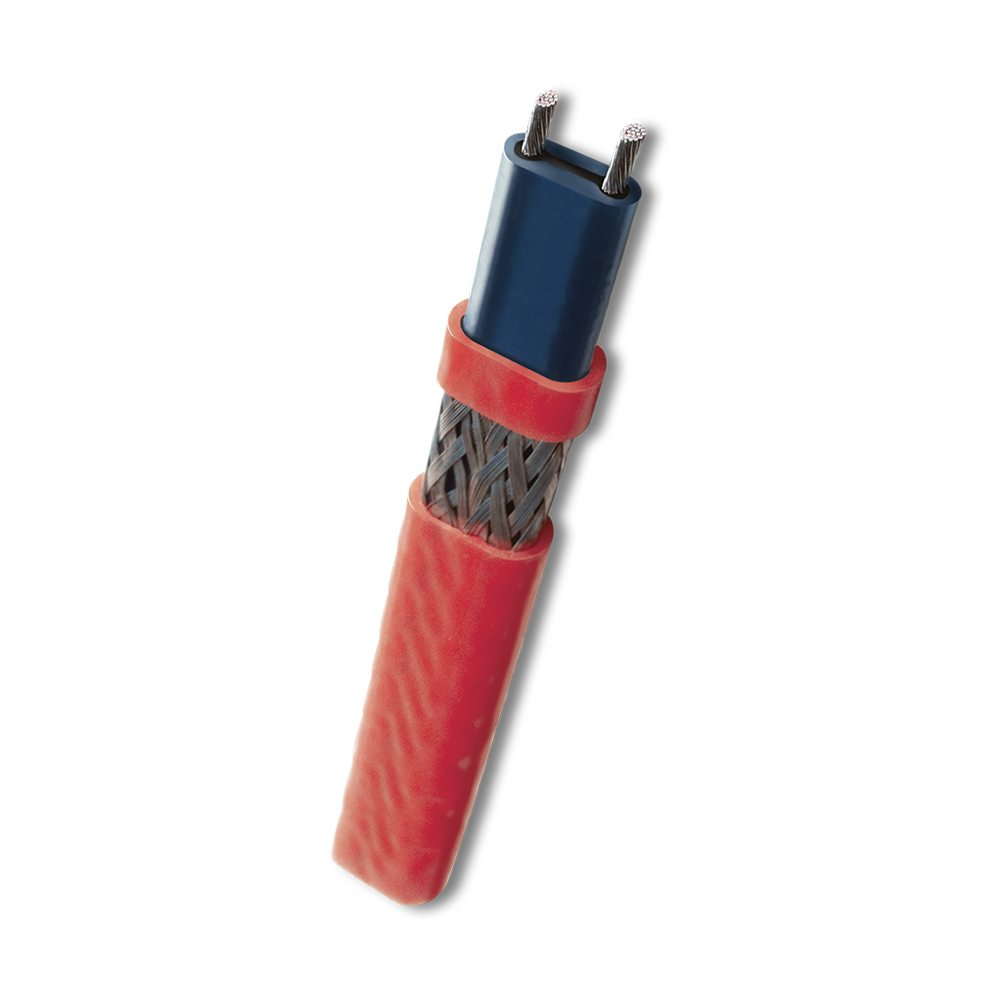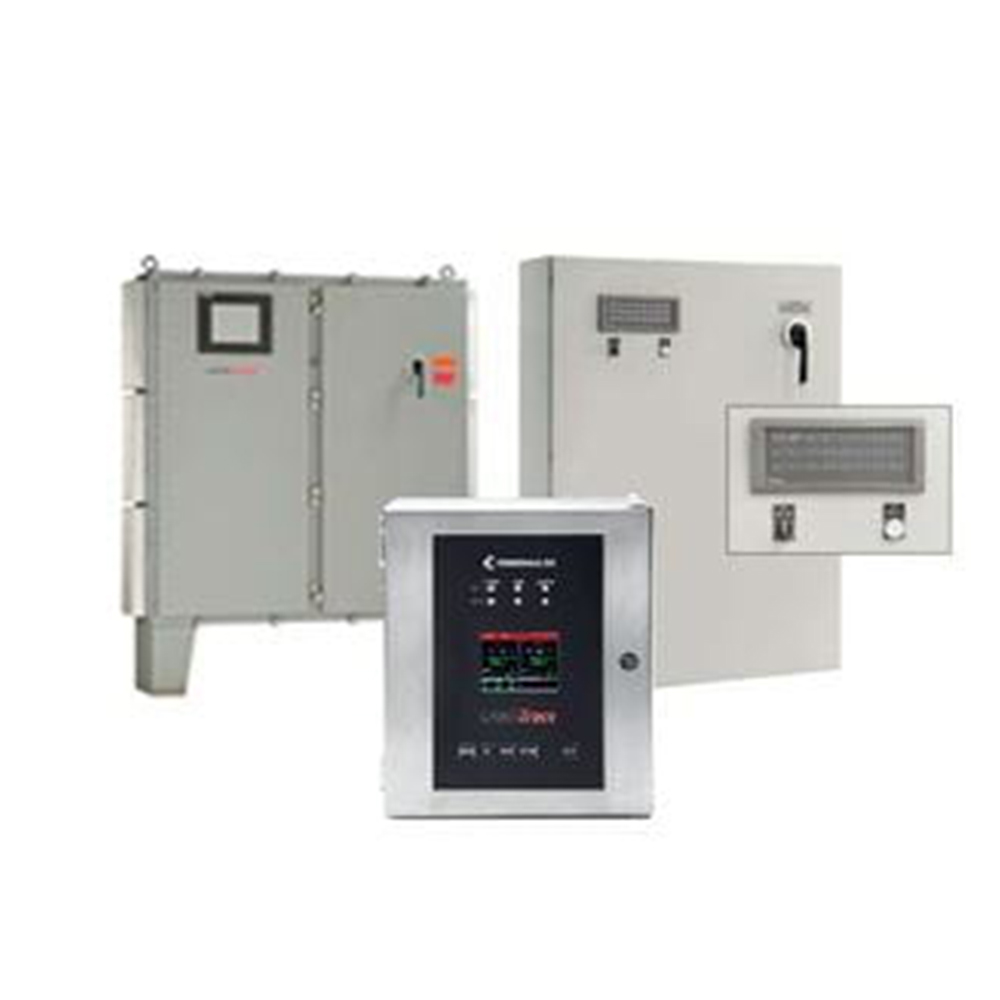Good quality Explosion Proof Air Duct Electric Heater - Constant wattage heat trace cable – Weineng
Good quality Explosion Proof Air Duct Electric Heater - Constant wattage heat trace cable – Weineng Detail:
Feature
The heating value per unit length of the constant power heating belt is constant. The longer the heating belt used, the greater the output power. The heating tape can be cut to length according to actual needs on site, and is flexible, and can be laid close to the surface of the pipeline. The braided layer of the outer layer of the heating belt can play a role in heat transfer and heat dissipation, improve the overall strength of the heating belt, and also be used as a safety grounding wire
Application
Generally used for heat tracing and insulation of small pipelines or short pipelines in pipe network systems
FAQ
1.Are you factory?
Yes, we are factory, all customers are more than welcome to visit our factory .
2.What are the available product certifications?
We have certifications such as: ATEX, CE, CNEX. IS014001, OHSAS18001,SIRA, DCI. Etc
3.Can heat trace touch itself?
Constant wattage heat trace and MI cable cannot cross or touch itself. … Self-regulating heat trace cables, however, would adjust to this temperature increase, making them safe to cross or overlap. As with any electrical system, though, there are always potential dangers with using heat trace or heat cables.
4.What is trace heating used for?
Trace heating is the application of a controlled amount of electric surface heating to pipework, tanks, valves or process equipment to either maintain its temperature (by replacing heat lost through insulation, also referred to as frost protection) or to affect an increase in its temperature – this is done by using
5.What is the difference between self-regulating and constant wattage heat trace?
Pipe trace constant wattage has a higher temperature output and tolerance. It consumes more power so it requires a controller or thermostat and some types can be cut-to-length. Self-regulating cables have a lower temperature output and tolerance. They consume less power, but require larger breakers.
Production Process
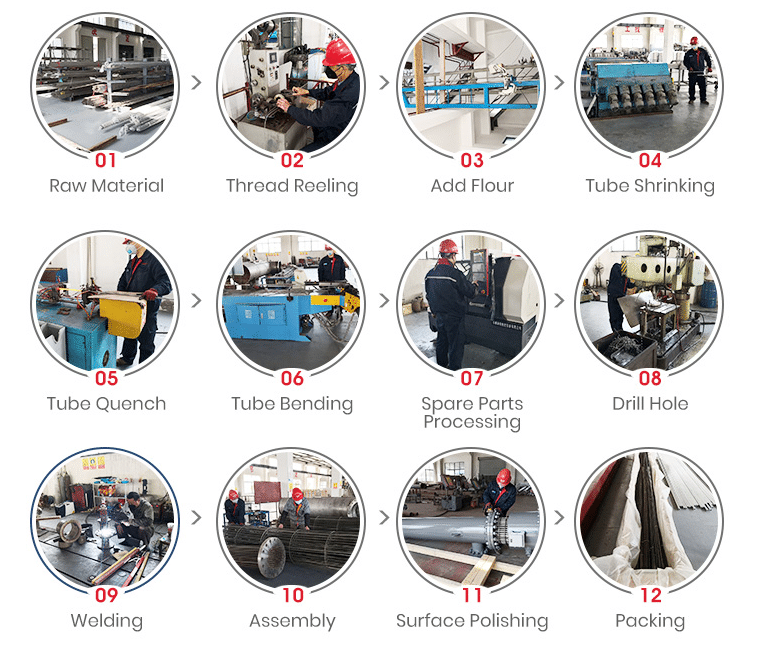
Markets & Applications

Packing
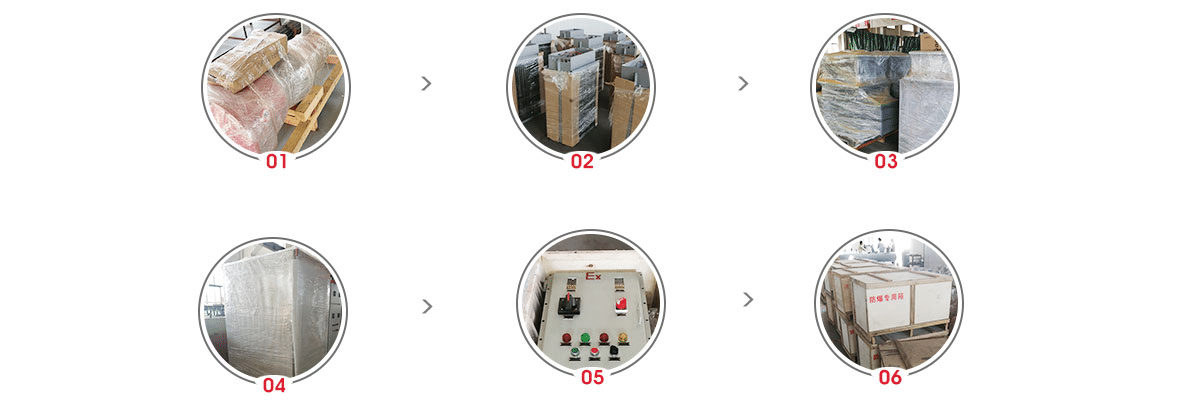
QC & Aftersales Service
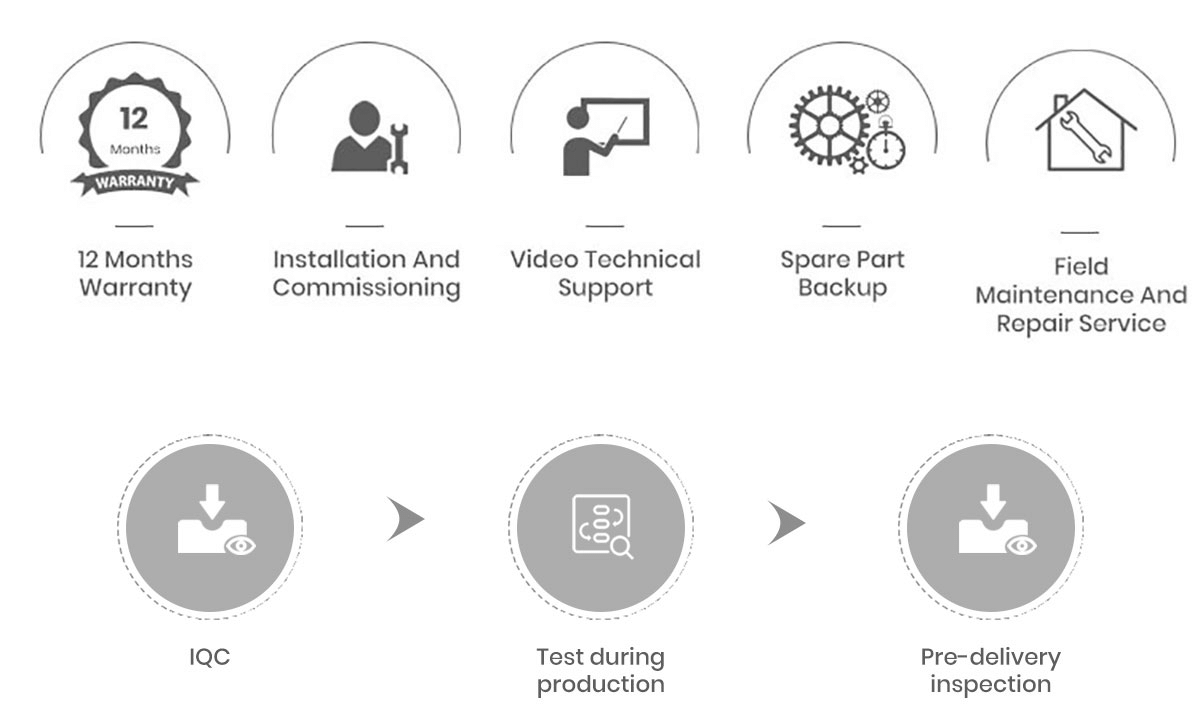
Certification

Contact information

Product detail pictures:

Related Product Guide:
Our commission would be to serve our customers and clientele with very best excellent and aggressive portable digital products for Good quality Explosion Proof Air Duct Electric Heater - Constant wattage heat trace cable – Weineng , The product will supply to all over the world, such as: Cancun, Cancun, Italy, our qualify products have good reputation from the world as its most competive price and our most advantage of after-sale service to the clients.we hope we can provide a safe, environmental products and super service to our clients from all of the world and establish strategic partnership with them by our professional standards and unremitting efforts.
This supplier's raw material quality is stable and reliable, has always been in accordance with the requirements of our company to provide the goods that quality meet our requirements.


